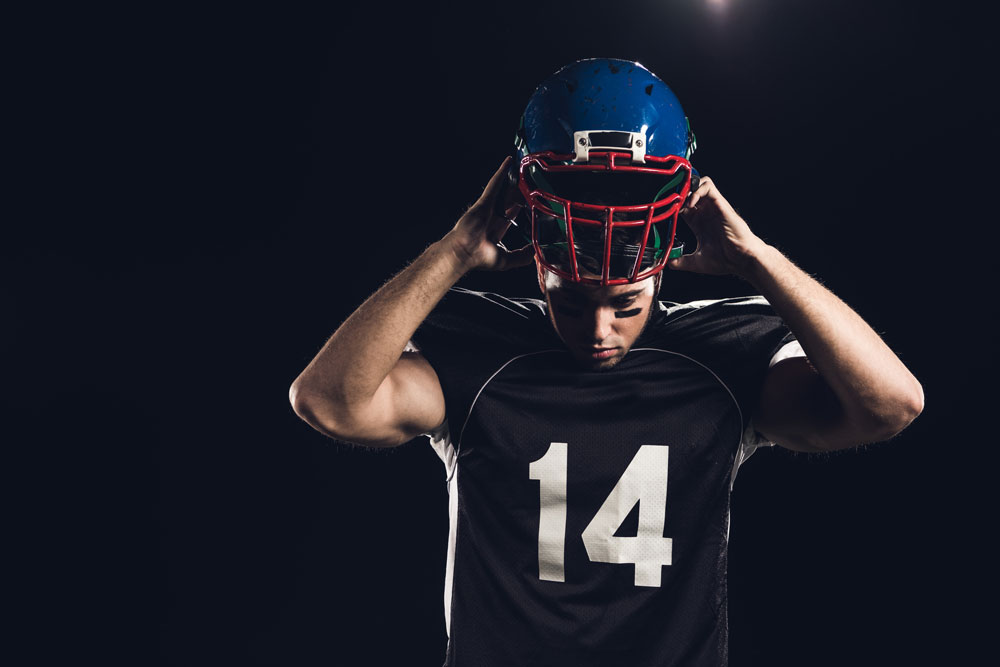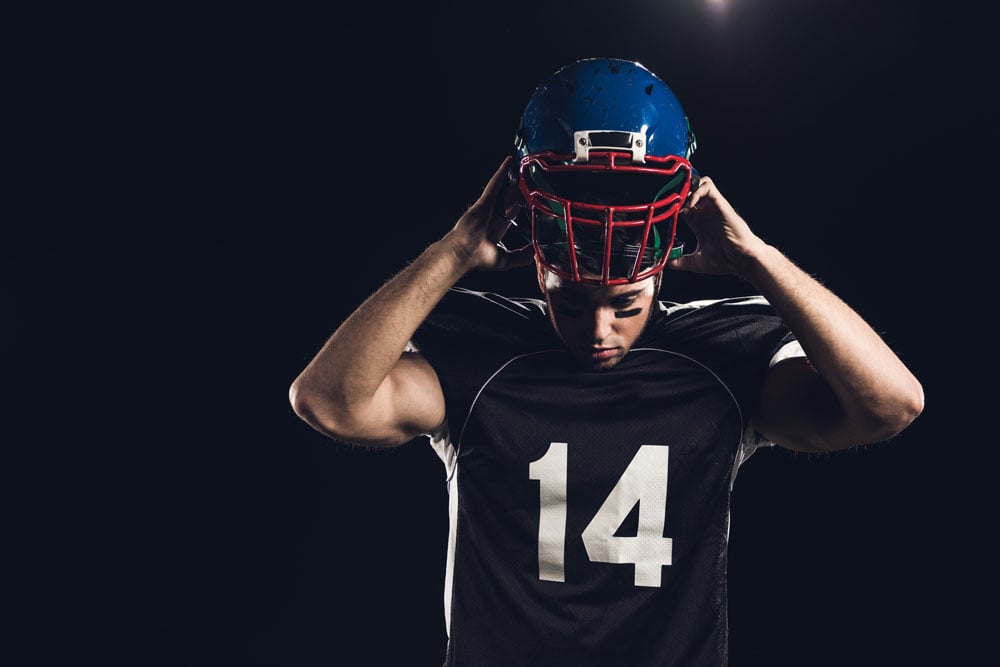Does New Technology Make It Safer for Kids to Play Football?
The medical director for the NFL Players Association weighs in.
With youth players gearing up for the fall football season, the question of safety may arise in parents’ minds.
In April, the NFL allowed players to wear Guardian Caps, protective headgear worn around players’ helmets, during regular season games after officials said they saw a 50% reduction in concussions for players who wore them during training season the previous two years.
Dr. Thom Mayer, the medical director for the NFL Players Association who was the originator of the NFL concussion guidelines program, says while his work focuses on the NFL, it’s important to focus on the issue at any age.
“We’ve had some very good success with that in terms of a combination of helmet testing, rules changes, reducing the number of contact practices that players have … the recent work on Guardian Caps, and it’s a work still very much in progress … If there happened to be corollary benefits to youth football or high school football, other areas, then [that’s] always good.”
He says he feels kids younger than 12 don’t need to be playing contact football.
“I don’t think you learn any skills from contact, helmeted, padded football before about 12 to 14 years of age that you can’t easily pick up after that time,” he says.
But football at any age provides “huge benefits” from teamwork, developing trust, developing responsibility and being fit. Mostly, he says, the benefit is having fun.
“The question, ‘Should I allow my son to play football?’ It’s an interesting phrasing of the question to begin with … My question is, is that the child’s deep joy?”
If a young person says they want to play because someone else thinks they should, whether that be a parent, a friend, or a coach, Mayer says that’s a bad sign.
The same goes for when a parent speaks with a coach. If a youth coach says they want players to have fun and build character, trust and teamwork, Mayer says he’s all in.
“If I hear a coach say, ‘Well, I’m going to make men out of them. I want to toughen him up. I want to win championships. As the great philosopher Monty Python used to say, ‘Run away!’”
“You want to run away from coaches like that,” he says. “That is not the kind of coach you want.”
Parents and coaches should have frank conversations about safety, Mayer says. Parents should ask about the coaches’ rules on safety and what they think is the role of the use of the head in the game.
“And if they say, ‘We do Oklahoma drills, we do bull in the ring,’ again, Monty Python, run away.”
He says when he coached his own kids (only when they asked him to), he told his team parents they were going to talk about having fun and building confidence, not winning.
He told them, “We’re not going to beat them down. We’re going to build them up.”















